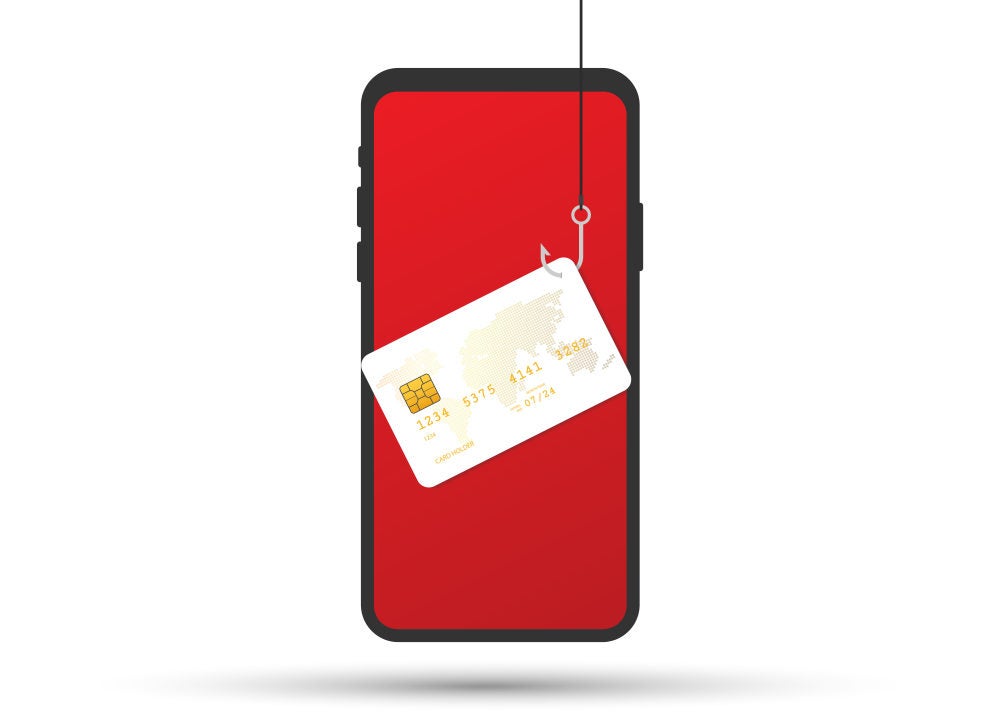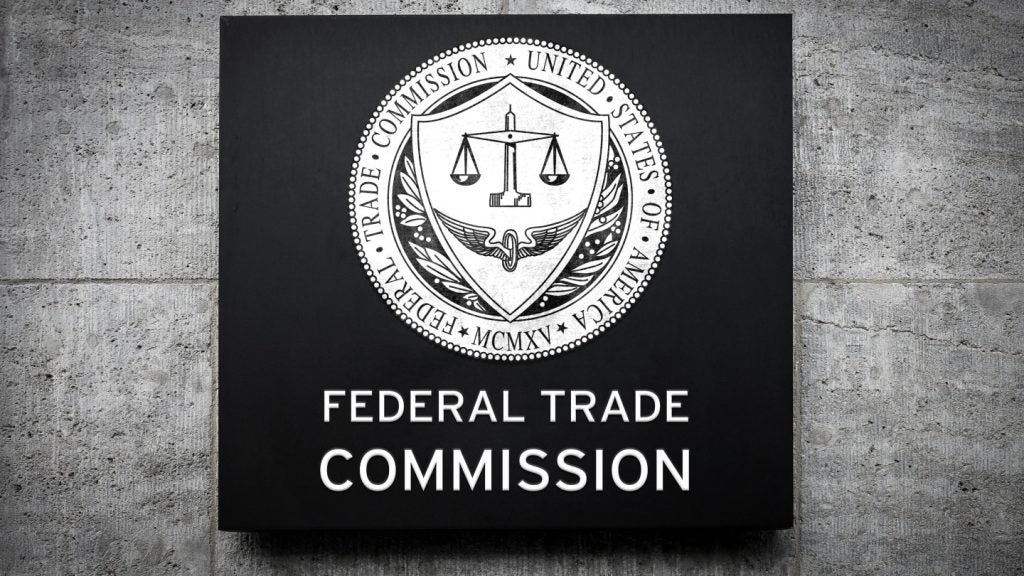
A new industry code, designed to repay those who have fallen victim to financial scams, comes into force today.
The voluntary code will apply to the eight banks that have signed up: Barclays, HSBC, Lloyds, Nationwide, Metro Bank, RBS, Santander and Starling. Bank brands, including Bank of Scotland, First Direct and Natwest, will also be affected.
According to consumer watchdog Which? an estimated £674 is lost to bank transfer scams every minute. Under the current system, many victims are unable to claim back the money lost, but from today onwards, some banks will have a greater obligation to help APP scam victims.
The new code will apply to Authorised Push Payment (APP) scams, which refers to scams where victims are tricked into making real-time transfers to fraudsters often posing as legitimate organisations. According to the BBC, £354m was lost to this type of fraud to individuals and businesses last year, but only £83m was refunded.
An announcement from the Payment Services Regulator (PSR) sheds light on how the new regulation will work. Someone who has fallen victim to an APP scam will have to notify their bank, and banks which have signed up to the code will then decide, based on a new set of criteria, whether to reimburse within 15 working days.
This comes two years after Which? launched a super-complaint calling for banks and regulators to do more to protect people who have lost money through bank transfer fraud.
How well do you really know your competitors?
Access the most comprehensive Company Profiles on the market, powered by GlobalData. Save hours of research. Gain competitive edge.

Thank you!
Your download email will arrive shortly
Not ready to buy yet? Download a free sample
We are confident about the unique quality of our Company Profiles. However, we want you to make the most beneficial decision for your business, so we offer a free sample that you can download by submitting the below form
By GlobalDataAPP scam code gives banks duty of care
According to Which? banks who have signed up to the code will now have a duty to help prevent scams from happening by detecting high-risk payments, identifying customers who may be likely to be scammed and take actions such as freezing payments that appear to be an APP scam.
Previously, if a bank was at fault, then victims of scams could claim back money lost, but according to the BBC, those who have taken “reasonable care” to avoid scams, or are vulnerable, are now more likely to receive a refund of the lost money. However, this only applies to incidents that occur after the rules have come into force, and not to older APP scams.
Funding to repay victims in situations where the bank is not at fault will only be guaranteed until the end of 2019.
Chris Hemsley, Co-Managing Director of the PSR said:
“APP scams can have a devastating impact on the people who fall victim to them. The code is a major step-up in protections and it reflects our strong belief that if somebody has done everything they can reasonably do to protect themselves, they should be reimbursed. I welcome the commitment that these banks have made to their customers.
“There has been a significant amount of work by consumer groups and the industry to develop and deliver this code and we are really pleased that these new protections are now available.”
New regulations that would require banks to check whether the name of the person receiving funds matches the other bank details is planned for 2020, designed to stamp out imitation scams.
Stephen Jones, Chief Executive of UK Finance, said:
“We are working with the regulators and government to establish this mechanism before the end of the year.
“Meanwhile the industry continues to invest billions in tackling economic crime and protecting customers – developing sophisticated security technologies, helping law enforcement apprehend the criminals responsible and assisting the government in improving fraud intelligence sharing.”
Read More: Online financial fraud climbed 27% in 2018 as cybercriminals made off with £393m






